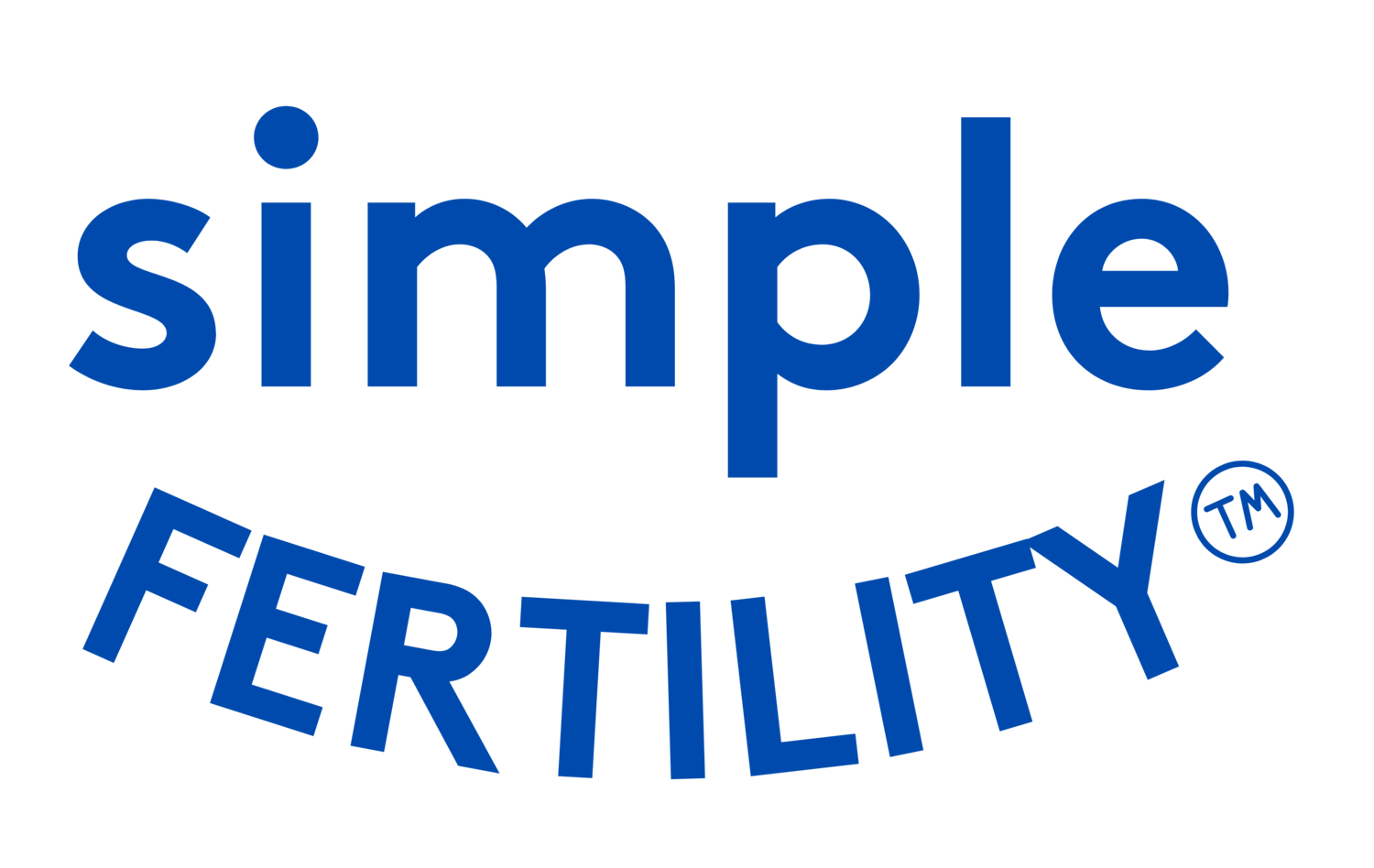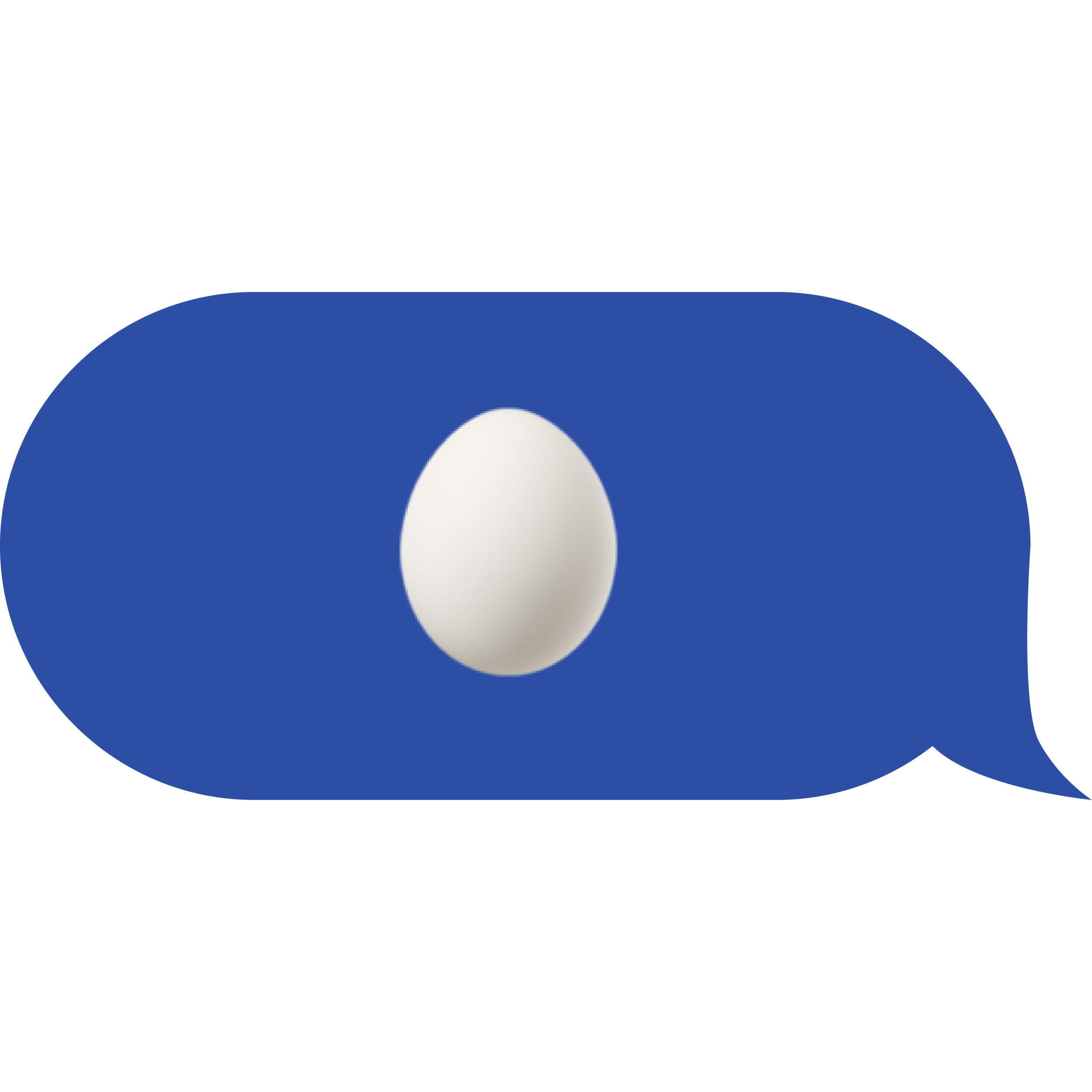ED
Egg Donation
The process of using another woman’s eggs (usually from a younger and fertile donor) which is then fertilized and implanted into the intended woman’s uterus.
Egg Donation is for:
-
Older couples trying to start a family
-
Women who haven’t had success with other fertility treatments (like medication and insemination)
-
Diminished ovarian reserve
-
Premature menopause
-
Genetic diseases you don’t want to pass onto your child
-
Individuals or couples with PCOS, endometriosis, low sperm count, and other fertility diagnoses
-
People who want to screen for hereditary disorders
-
Those who want pregnancy on-demand, including LGBTQ+ couples and single women
The process,
explained simply.
-
If you decide to use an egg donor, our doctor and staff will go over the entire process including financials to determine if an egg donor is right for you.
-
When it comes to choosing a donor, focus on the qualities that are important to you, such as:
- appearance: height, hair color, eye color
- couples using donors tend to select ones with physical appearance similar to their own
- personal background: education, personality, career.
- background: ethnic, religious
-
After your fertility assessment and treatment plan has been determined, the partner receiving the donor egg will go through hormone treatments to prepare their body and uterus for the egg transfer. The process of going through an egg donor is very similar to an IVF cycle, sans egg retrieval.
For fresh egg donors, the donor will also undergo hormonal treatments to induce ovulation. The eggs will then be retrieved and fertilized, followed by transferred into the uterus a few days later.
For frozen eggs, the embryo fertilized by our embryologist will be transferred into the uterus.


